The essay is a very special genre, one that I have loved for years: its intimacy draws me in, and its breadth and variety keep me absorbed. Essays offer a unique bonding opportunity. A private bridge is established between the writer and the reader in a way that cannot be duplicated elsewhere: no matter how many times it has been edited, and how far it has come from the early draft stages, essays always retain that unique intimate quality that makes them a window into the author’s soul.
Indeed, Michel de Montaigne was aware of this when he inadvertently named the genre as a whole: by titling his 1588 book Essais, he captured the personal nature of this type of writing. The word “essai” means trial, attempt. Essays are meant to be attempts of self-expression, of, as Brittanica.com puts it, “self-discovery.”
It comes as no surprise, then, that it allows for extremely heartfelt writing. While there are thousands (at least) of beautiful, heartfelt essay collections in the wild, I give you eight recommendations to get you started:
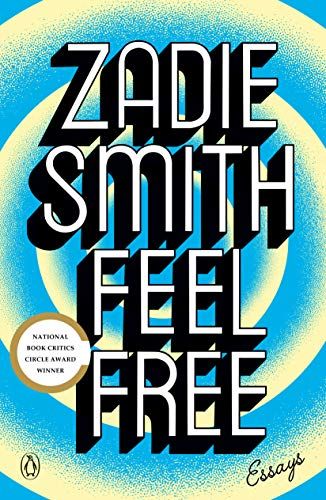
Feel Free by Zadie Smith
I was new to Smith before I stumbled upon this collection, which promptly led me to add her entire backlist to my TBR pile. The key to unlocking this book is stated early on: according to Smith, “writing exists […] at the intersection of three precarious, uncertain elements: language, the world, the self.” She straddles this intersection seamlessly.
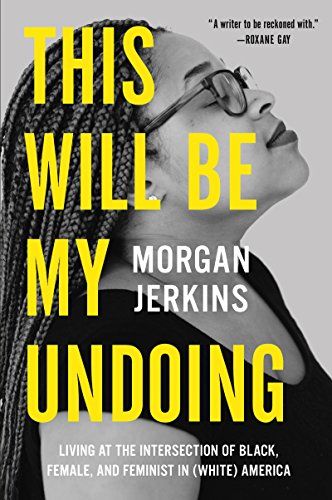
This Will Be My Undoing: Living at the Intersection of Black, Female, and Feminist in (White) America by Morgan Jerkins
From the very beginning of this book, the epigraph drops pebbles that will guide us, Hansel and Gretel–style, through the path of the particular forest that is this collection of essays. Jerkins’s effortless weaving of the personal and the political, combined with her eloquence and obvious knowledge, make this book a necessary read.
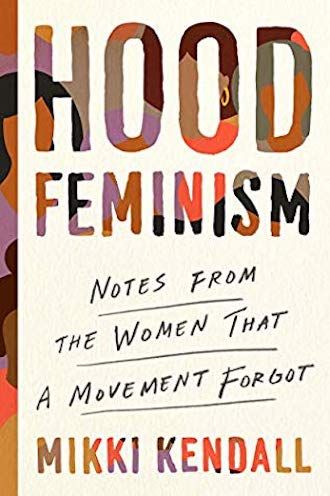
Hood Feminism: Notes From the Women White Feminists Forgot by Mikki Kendall
These essays dive deep into what it means to be a Black woman and a Black feminist in the USA. A fabulous critique of mainstream white feminism, the book brings the voices of brown and Black women to the forefront.
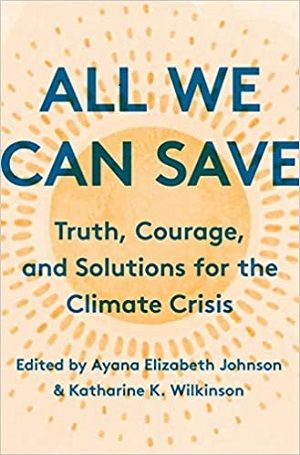
All We Can Save: Truth, Courage and Solutions for the Climate Crisis Edited by Ayana Elizabeth Johnson and Katharine K. Wilkinson
I’ve long ago become an admirer of Johnson’s work, so when I learned that she and Wilkinson were co-editing a book of essays about the climate crisis, I immediately preordered it. This collection is full of important, interesting pieces on all the different facets that perhaps we may not think about when we think of climate change. As is the case for all the best essayists, the intersection of the personal and the political is handled masterfully.
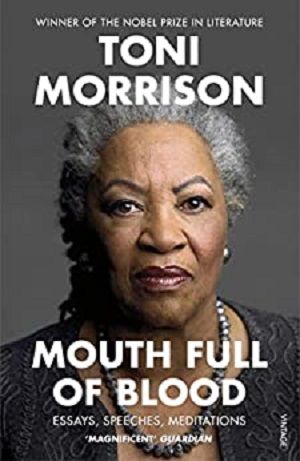
Mouth Full of Blood: Essays, Speeches, Meditations by Toni Morrison
Spanning three decades, this posthumous collection of Morrison’s nonfiction writings, including multiple essays, constitutes a celebration of a literary giant’s life and genius.
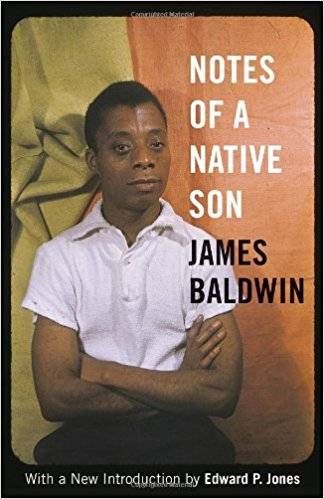
Notes of a Native Son by James Baldwin
This list wouldn’t be complete without Baldwin’s first book of nonfiction. His meditations (on race, on literature and art) are thought-provoking and painful, and his achingly beautiful prose turns the reading of these essays into a unique experience.
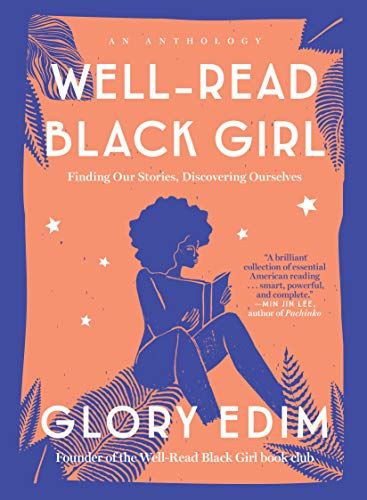
Well-Read Black Girl: Finding Our Stories, Discovering Ourselves Edited by Glory Edim
The importance of representation has been a topic of discussion for a long time. In this incredible book, multiple Black women explain what this means to them, and why it is fundamental for everyone to be able to see themselves on the page.
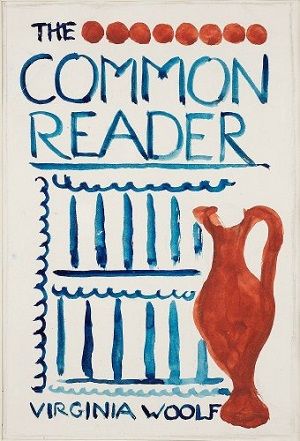
The Common Reader by Virginia Woolf
In one of Woolf’s lesser-known works, she tackles questions that the “common reader” (that is, everyone who reads books because they enjoy it) may ask themselves. It is superfluous to say that these essays are wonderfully written (it is, after all, Virginia Woolf). It is not, however, superfluous to say that this should be on your shelves, right next to A Room of One’s Own.
In the mood for more essays? Say no more.











